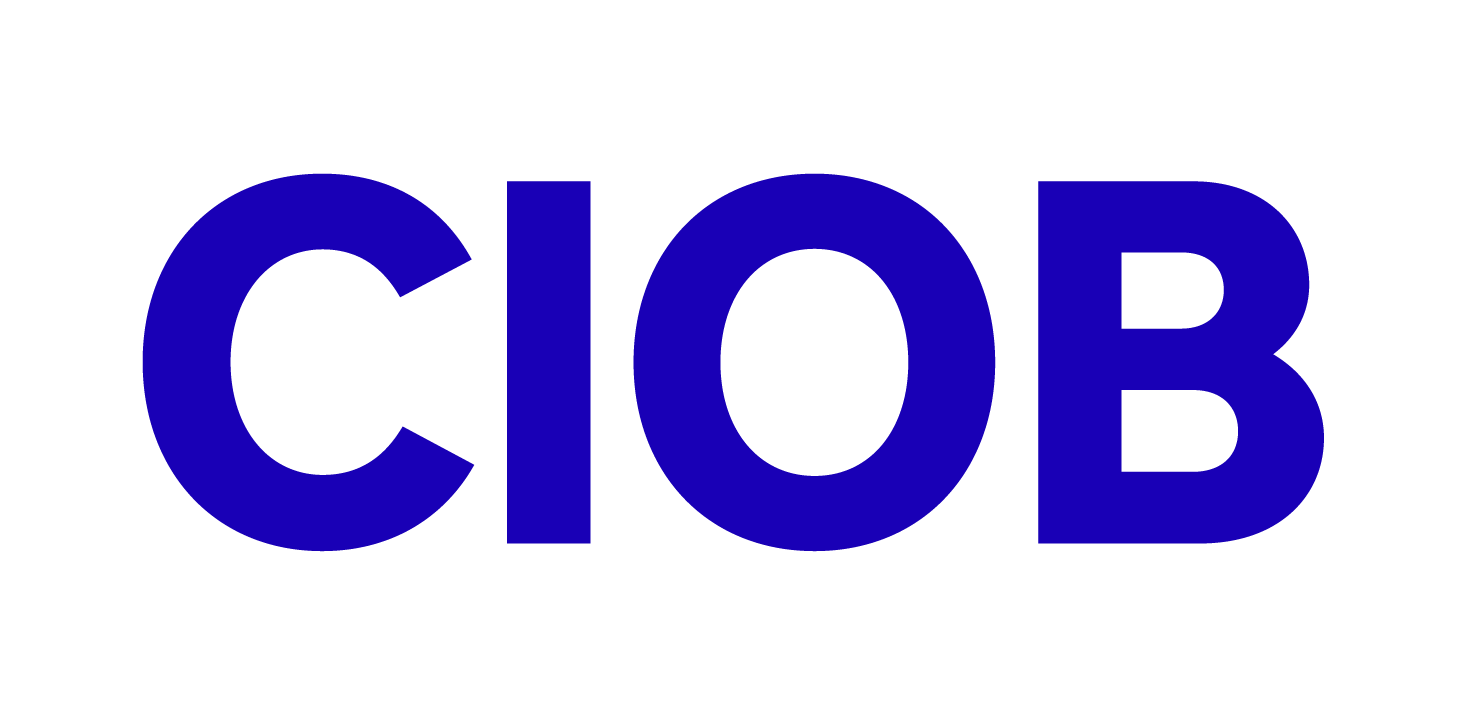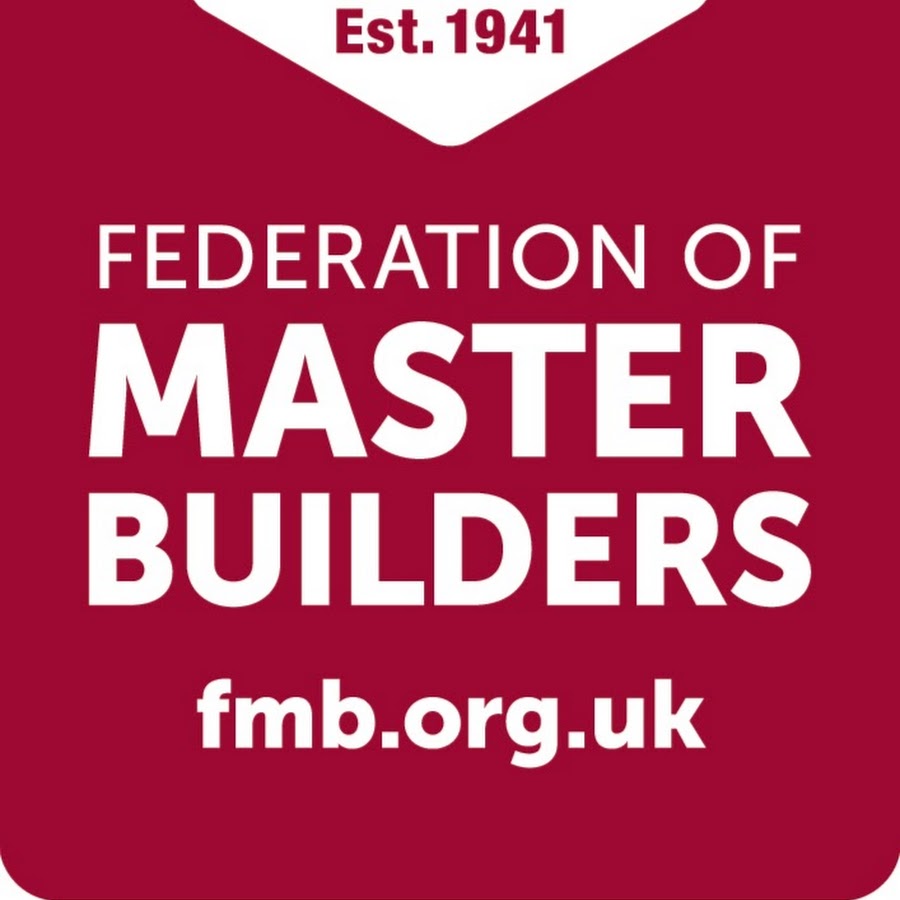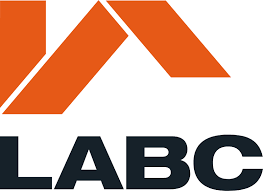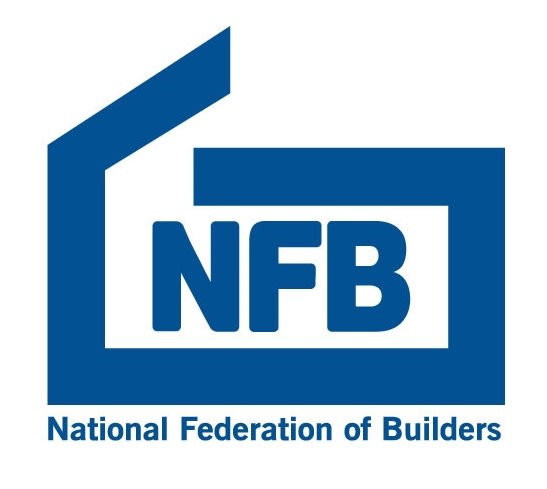Construction employers, decision makers, educators and students called on Government to help plug the construction technology skills gap and safeguard the sector’s workforce future, at an event last week.
On Thursday (3 March), Construction Minister Lee Rowley attended Moulton College’s Construction Future Skills exhibition and workshop, in Northamptonshire, where more than 30 employers met to address skills challenges facing the industry – now and in the future.
Their solutions included asking Government to facilitate better on-the-job training, through more work experience opportunities and by making apprenticeships more technology-focused. A better flow of learning between schools, colleges and employers, improved integration of education and industry, and increased emphasis upon – and access to – lifelong learning were also highlighted as vital.
Supported by Constructing Excellence (CE) Midlands and the National Federation of Builders (NFB), the event encompassed an exhibition to showcase new technologies, and a workshop focused on establishing the hard and soft skills construction needs for the future – while exploring how best to deliver them.
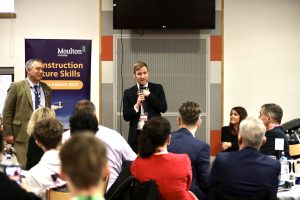
Mark Wakeford, Moulton College Governor and Joint Managing Director of Stepnell Ltd, said “I was really pleased to hear lively discussion around our sector’s future training requirements, common ground among delegates, as well as openness and honesty in sharing their own experiences and progression.
“Current students were keen to learn the hard skills they need to succeed in a construction career, while industry leaders highlighted the soft skills also needed to complement these, which will ensure new entrants add well-rounded value. Industry leaders emphasised the importance of lifelong learning – ever-more important in the fast-changing world of our construction industry. However, it is clear challenges with courses and awarding bodies remain to be resolved.”
Speaking after his visit to the Construction Future Skills event, Construction Minister Lee Rowley, said: “It’s been fantastic to meet some of the young people looking to make construction their career and see their enthusiasm for seeing first-hand the technology paving the way for the future of this industry.
“These students could be tomorrow’s leaders of the change we are all trying to enact, so it was truly inspiring to hear some of the discussions, ideas, and creativity from them, as well as industry innovators driving construction forward. It’s so very important that all voices across the sector are heard, and that we come together to provide the right opportunities, education, and inspiration to the next generation to make a real difference to the way we build and achieve our goals of increased sustainability and innovation.”
The workshop encouraged debate, sharing experiences, learning, and networking between attendees. Its findings will be delivered via a report to guide industry, education and government in driving change.

Moulton College Principal & CEO Corrie Harris said: “Our construction industry is always adapting and improving and is embracing innovation faster than ever. At Moulton College, we are in a privileged position to help nurture and grow the sector’s talent coming through, while also speaking to employers regularly about what their current and future skills needs are – so today has been a unique way to bring those two groups together.”
The Construction Future Skills exhibition running alongside the workshop saw innovators and contractors showcase some of the latest construction technology on the market, illustrating how AI, automation, robotics, and other technologies are changing the way we construct.
Exhibitors included 360safeVR’s immersive film and behavioural change programme; Software-as-a-Service platform for Building Information Modelling 3D Repo; KOREC Construction’s mixed reality headset and augmented reality solution; Flannery Plant’s plant simulator; digital construction solution Oculo; geo-spatial technology specialists Ridge & Partners; leading regional construction business Stepnell; free-to-use platform for apprenticeships, traineeships and work experience in construction, Talentview Construction (TVC); Tenstar Simulation’s machinery and training tools simulator; and Winvic’s virtual reality health and safety training.
For more information visit https://www.moulton.ac.uk/
Hello and welcome to March’s newsletter. I have a bit of a mixed bag this month looking forward to our up-and-coming awards, an update on how our diploma is going, of course procurement and acknowledgment of the terrible events happening in Ukraine.
Firstly, to the awards. We are delighted to say that our West Midlands and East Midlands award ceremonies will be taking place again this year at the fabulous Edgbaston Cricket Ground in Birmingham on the 12th May and equally impressive Athena in Leicester on the 9th June. Last years events (one of our first face to face events following Covid) was well attended and received positive praise on how well organised and enjoyable they were so we are really looking forward to this year. There is still time for all the worthy projects out there to get your submissions in for the East Midlands Awards (The Deadline is 25th March 2022 by Midday) and there are also still opportunities for sponsoring award categories for the East Awards if you want to see your name up in lights for all to see.
This month marks the halfway point for our Diploma in Collaboration in Construction. The 14 delegates have already completed modules on Leadership & Team Management, ISO44001, Lean & Continuous Improvement, Process & Value Stream Mapping, and the Value Toolkit and in the second half will learn about Design Team Integration, Design for the Environment, Smart Construction (Digital & offsite), Quality & Compliance, Supply Chain Management and finally Collaborative Forms of Contract. We are now planning our second Diploma so if you or any of your team are interested in gaining the inside knowledge on how to be Collaborative, then please let us know.
Whilst we look to the East and witness the horrific events in Ukraine (and our thoughts go out to all those affected) it became a bit more real for me when asked how this may affect our industry and our delivery programmes at work this week. With Russia being a major producer of Aluminium and copper, cargo ships being halted, or not re-supplied, multiple sanctions being imposed and an expected increase on gas and oil the impact on the industry is likely to be further material shortages and/or longer lead in times, an increase in prices especially in those products from Europe that use high energy to manufacture and any related economical impacts and of course any human factors such as travel or the effects it may have on any of us.
Finally, I’m glad to see that out weekly seminar this week (Friday 11th March at 12:00) is on “Insurance Backed Alliancing: The IPI Model” with the amazing Louise Lado-Byrnes. In my opinion this model is best in class for collaborative procurement. It deals with risk and shared responsibility in a way that no other contract is able and brings the whole team together from day one. It delivers on the Construction Playbook and is named in the Government Construction Strategy so why not join us on Friday and gain an insight on how it can be done.
Thanks for taking the time to read the newsletter and if you would like more information on any of items covered, please do not hesitate to contact us.
AIMING TO enable infrastructure clients to deliver improved outcomes by collaboratively working faster, greener, safer and smarter, Constructing Excellence Midlands has launched its Infrastructure Forum, enhancing the visibility and perspective of infrastructure activities in the region.
The forum aims to assemble businesses from client organisations and supply chains in the Midlands, modernising the methods of industry collaboration through the provision of a forum – utilising digital tools for knowledge sharing to drive efficiency and improved outcomes.
Andrew Carpenter, chief executive of Constructing Excellence Midlands, who has created the Infrastructure Forum, said: “The forum will present a fantastic opportunity for the Midlands infrastructure community to coordinate responses to key industry challenges and collaborate on projects and programmes, ensuring continued infrastructure advancement that is pre-emptive of the demands and opportunities for the region.
“Infrastructure requires a collective planning approach where visibility of the opportunity to collaborate is essential, whether that’s rail, aviation, utilities, roads or power. An infrastructure forum will provide an opportunity to work smarter with collaborative efficacy and prove how we can provide ‘more for less’, while improving safety and sustainability outcomes.” Mark Lyddon, Midlands regional infrastructure lead at Turner & Townsend, said: “I’m delighted to be involved in the conception of the Constructing Excellence Midlands Infrastructure Forum. The Midlands boasts leading global pioneering minds in infrastructure development, working on world class projects and programmes. This forum will enable clients and the entire supply chains to utilise the power of their combined expertise and experience.

“Consultation and collaboration through this platform will help us drive improvement in our industry and deliver better outcomes for customers and the environment. With the current volume of infrastructure construction activity and projects planned to take place in the Midlands region, we must create an improved way of working across clients and programmes.” Alec Gillham, business engagement manager for DIGI-RAIL at University of Birmingham, said: “DIGI-RAIL is thrilled to have been asked to participate in the newly-established Constructing Excellence Infrastructure Forum. Currently working with some of the UK’s most innovative and technologically advanced rail businesses, we are keen to explore the opportunities that the forum will present for collaboration around the themes of connected transportation and infrastructure.
“As we transition towards the creation of the public body Great British Railways (GBR), we are experiencing levels of investment and technology adoption in UK railways not seen for a generation. It is our firm belief the forum will provide a valuable platform to engage with stakeholders working within advanced transportation and infrastructure sectors to reimagine the UK passenger travel experience for the future.”
If you or your organization would like to be involved or to find out more please reach out to Constructing Excellence Midlands: info@cemidlands.org

Andrew Carpenter will be there to host a CTI/CE Midlands Networking Luncheon and a CTI/Gallagher Breakfast Briefing on the safe use of more timber in construction.
He will also be happy to meet to discuss and answer any questions on the increased use of timber in construction.
Please contact Andrew to arrange an appointment: andrew.carpenter@cesw.org.uk
This month Martyn Jones examines the kind of inter-organisational relationships and ways of working we need in construction as we face our current challenges, and asks if we differentiate enough between Efficiency and Effectiveness in our procurement strategies.
Improving inter-organisational relationships and processes have been at the heart of the Construction Reform Movement since the emergence of the Information and Communication (ICT) paradigm in construction in the early 1990s. Back then, The Reading Construction Forum’s report Unlocking specialist potential: A more participative role for specialist contractors, set out, along with other publications, the importance of improving relationships, integrating processes and being focused on the needs of customers along the whole supply chain.
But that was then and this is now. We have moved on. We are now facing new challenges but in dealing with them we have a much greater understanding of the importance, nature and role of inter-organisational relationships and how to work more seamlessly in project teams and supply chains.
One of the things we’ve learnt is that there is a range of relationships and purchasing strategies available to us. We have also learnt to think in terms of supply networks rather than supply chains and in value streams rather than supply chains. But, do we differentiate enough between Efficiency and Effectiveness in setting our procurement goals?
The main purchasing goals and options are set out in the following proposed framework, which challenges us to differentiate between Efficiency and Effectiveness:
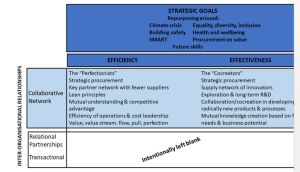
The horizontal arm of the framework sets out our key strategic goals. The vertical arm presents the three main procurement strategies, inter-organisational relationships and ways of working to achieve these goals: Transactional, Relational Partnerships and Collaborative Network. The Transactional and Relational Partnerships approaches are well documented and practised and so are not examined here.
In addition, the horizontal arm of the framework presents, side by side, the two main overarching approaches to achieving our goals within Collaborative Networks: Efficiency and Effectiveness. You will see that the proponents of the former I’ve called “The perfectionists” and the latter, “The Cocreators”.
But why differentiate between efficiency and effectiveness? Although they sound similar and are often interchanged, they mean quite different things.
Efficiency refers to doing things in the right way or manner. As margins are normally low in this approach it’s about getting the maximum output with the minimum resources. It’s to do with continuous incremental improvement but within the present state or the status quo, as thinking about the future or significantly changing resources might impact on the current state of efficiency. This can build inflexibility into the system
Effectiveness on the other hand is about thinking “outside the box” to do the right things. Its proponents constantly measure if the actual outcomes are delivering the desired outcomes. They believe in meeting the end goals and willingly seek out and embrace any variables that may change in the future. They keep the long-term strategy in mind and are more adaptable to changes both in the market and the wider environment in which they operate. The approach requires learning and innovation as people have to think in different ways to satisfy the desired goals or outcomes.
In construction we have tended to focus on the Efficiency approach, placing an emphasis on cost reduction, resulting in what many view as a race to the bottom. However, in responding to the quality and safety of our buildings and the climate crisis, we have become increasingly aware of the need for the Effectiveness approach in dealing with uncertainty, ensuring the future business potential for our organisations, and repurposing our industry.
More than ever, purchasers of construction products and services need to be clear whether they are seeking – through their purchasing behaviours – efficiency of operation and cost leadership, or effectiveness and innovation.
The proponents of the Efficiency approach prescribe a network of key relationships that work like clockwork. The main objective is strict efficiency achieved through collaborative relationships, integrated systems and processes, and the synchronisation of value-adding activities of each value stream partner.
In this approach, flow of work, timeliness, compliance and the reduction of waste and cost are essential, since they have direct effects on the operability and efficiency of the whole supply network. The core ideology of this purchasing strategy is integrating the processes of each of the partners to produce and deliver products and services accurately, efficiently, seamlessly and without interruptions.
Given the immense challenges we face in construction, including amongst other things, the need to radically improve the quality of our outcomes and address climate change, we need the Effectiveness approach.
But given the nature of our clients and their divers needs, we have to offer both approaches. Where clients have a pipeline of standardised products and well-established processes, then the Efficiency approach is most appropriate. Also, where extensive offsite production is being deployed.
On the other hand, Effectiveness networks might be seen as being more appropriate in developing the innovative products and services we need to combat climate change. They can support cocreation based on open knowledge sharing and competence transfer between the partners in the network and support the more radical Research and Development (R&D) activity that we sorely need.
Constructing Excellence Midlands has launched a free online mental health and wellbeing hub to support individuals working in construction.
With more than one in ten construction workers in the Midlands admitting to poor mental health, the organisation has partnered with Red Dot 365 to offer direct confidential access to qualified mental health and wellbeing therapists – at no cost to the individual.
A physical ‘red dot’ has been placed in a prominent position at the top of the existing CE Midlands website and allows users to access fully funded therapists 24/7, 365 days a year.
“By pressing the ‘red dot’ users will be asked to answer just a few questions before being given access to the support they need, at a time that works best for them,” explains John Williams, Director and Owner of Red Dot 365.
“Creating facilities like this means we can capture and understand the real challenges in the sector and therefore, we can proactively help provide the right support at the right time – when people need it most.
“This is a fantastic opportunity for people working in the sector to be given a voice to influence the sector in a positive way and make a real difference.”
Constructing Excellence Midlands champions mental health and this is the latest step the team has taken to help those working in the industry.
“When we previously partnered with Red Dot 365, we found that 10% of construction workers rate their mental and personal wellbeing as poor, so we knew more needed to be done to help,” said Andrew Carpenter, CEO of Constructing Excellence Midlands.
“It’s been a tough two years for the sector and as we begin to adjust to a new normal and face the fallout from the Covid pandemic, stress levels may be higher than ever. It doesn’t matter what role you undertake, this mental health support is available to anyone who works in the construction and built environment sector.
“It’s time to challenge the historical macho approach of just ‘man up and get on with it,’ and instead address the issues we face. Thanks to our collaboration with Red Dot 365, we can now offer access to qualified therapists throughout the year, at no cost for individuals and organisations – which is a great first step to help make a change to the overall wellbeing of people working in this sector.”




